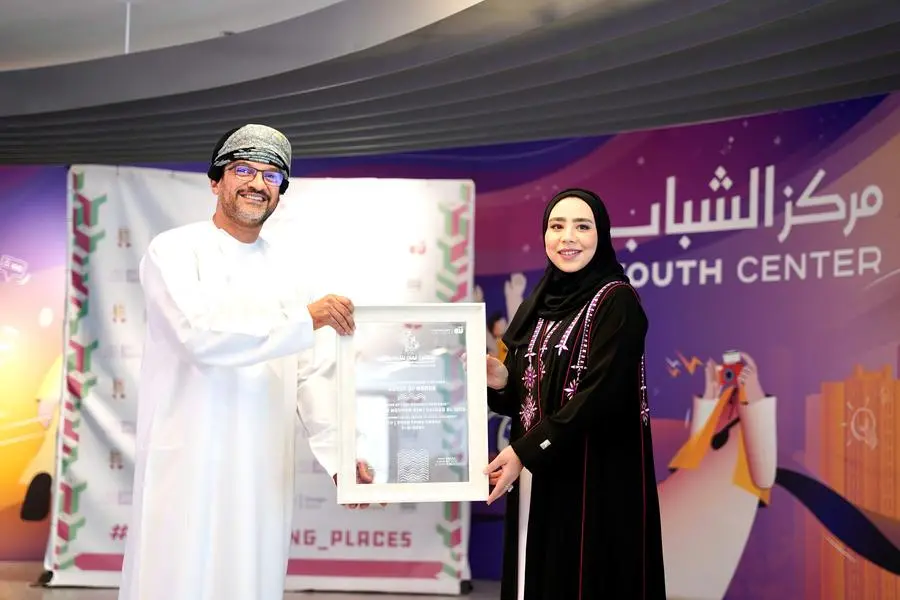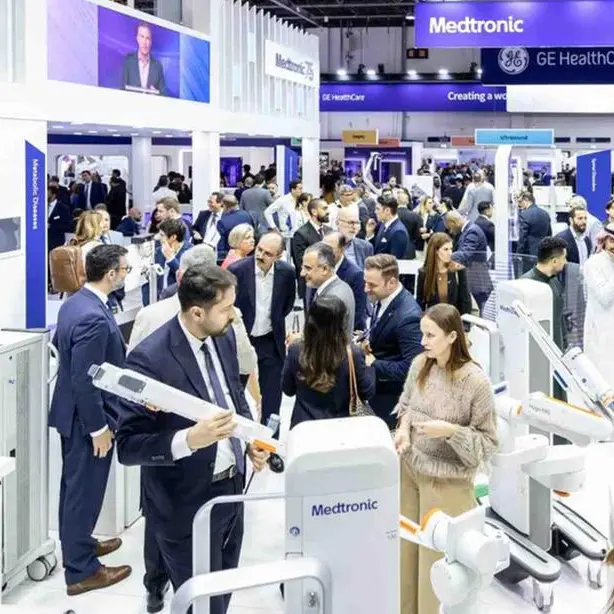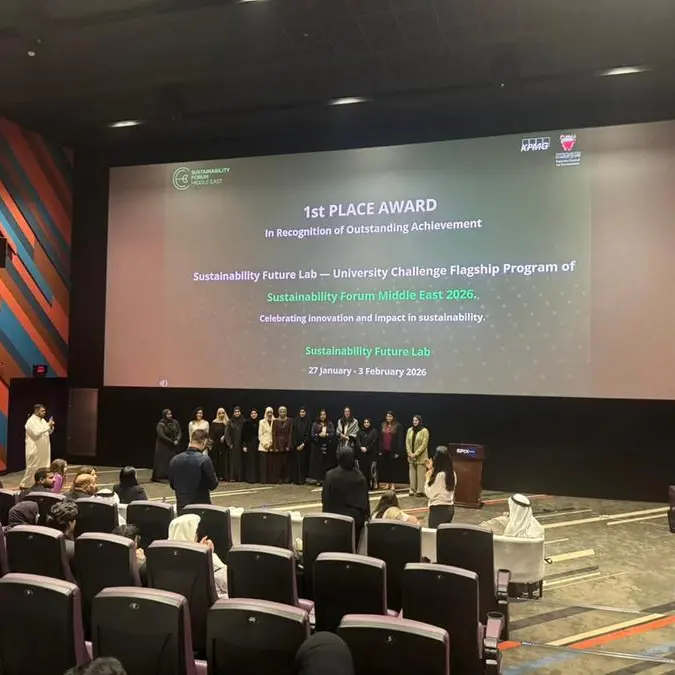PHOTO
Muscat: Muscat Municipality recently celebrated the conclusion of the Oman Urban Hackathon competition under the patronage of Her Highness Sayyida Meyyan bint Shihab Al Said and in the presence of His Excellency Ahmed bin Mohammed Al Hamidi, Chairman of Muscat Municipality. Muscat Municipality organised the competition in collaboration with Oman Think Urban. It was hosted at the Youth Centre from Sunday, 01 September to Tuesday, 03 September. The event saw a broad response, with the participation of ten teams consisting of 33 young students and professionals in the fields of architecture and urban planning, who competed to develop innovative ideas aimed at revitalising the target sites with a focus on humanising the space and providing implementable designs.
The participating teams were divided into two categories, with five teams each competing to design the City Amphitheatre site at Qurum Park and Al-Manuma Souq. Participants presented their ideas and designs to a judging panel of experts in the field, which included Professor Mahmoud Al-Wahaibi, founder of Oman Think Urban, Ms. Majda Al-Hinai, architect and visual artist, Dr Samia Al-Mabsali, lecturer in the engineering department at the University of Technology and Applied Sciences in Muscat, and Engineer Maryam Al-Balushi, architect and urban planner.
Speaking about the competition, His Excellency Ahmed bin Mohammed Al Hamidi said: "We were pleased to organise this distinguished competition, which provided Omani engineers and urban planners the opportunity to showcase their talent and creativity in designing urban and sustainable sites that align with our goals towards building vibrant and prosperous projects. The hackathon was an inspiring platform for innovation, offering participants the opportunity to engage with the real challenges cities and communities face and to contribute to developing practical and implementable solutions and designs that enhance the quality of life in Muscat.
"At Muscat Municipality, we seek to collaborate with public and private sector entities and introduce initiatives that contribute to achieving sustainable development goals and improving the level of urban planning in accordance with the objectives of Oman Vision 2040."
The event began with the registration and first screening phase, which focused on a park redesign – the ten teams with the most creative and feasible projects qualified to participate in the hackathon. During the competition, participants went through multiple stages, including developing initial ideas, designing, presenting ideas, creating detailed plans and maps, and finally implementing the design with Muscat Municipality. The criteria for selecting winners were based on the originality and innovation of the idea, considering community opinions and desires, economic feasibility, ease of implementation, and the sustainability of building materials.
The competition witnessed intense competition, with a team consisting of Muhannad Al-Harouni, Rashid Al-Musalhi, Zuhair Al-Sawafi, and Salim Al-Alawi winning the "Best Pitch" award. The team consisting of Wadah Al-Rashdi, Abdullah Al-Rashdi, Mundhir Al-Ajmi, and Muhaymin Al-Touqi won the first prize for the City Amtheatre site at Qurum Park. At Al-Manuma Souq, the team of Rounaq Al-Ismaili and Shema Al-Balushi won the "Best Pitch" award, while the first prize went to the team of Abeer Al-Lawati, Zahra Al-Lawati, and Fatima Al-Sawai.
Professor Mahmoud Al-Wahaibi said, "We are delighted to collaborate with Muscat Municipality on this initiative, which significantly contributes to enhancing the capabilities of Omani talents, developing the urban planning sector in Oman, and also engaging the community in urban development efforts. The idea of the hackathon emerged from the community's need for outdoor spaces in different areas, optimising and developing the infrastructure in Muscat Governorate, and striving to apply modern urban planning principles and social sustainability foundations."
The winning designs included social and commercial elements ensuring economic returns, such as shops, food stalls, zip lines, and city observation platforms. The projects also embraced renewable energy factors by utilising solar power, rainwater and wadis to create an environment harmonious with the city.
The Oman Urban Hackathon was an innovative challenge aimed at redesigning key public sites in the Muscat Governorate while preserving architectural identity and urban fabric and applying social sustainability principles. Participants developed feasible ideas and designs focused on various social, service, and economic aspects.




















